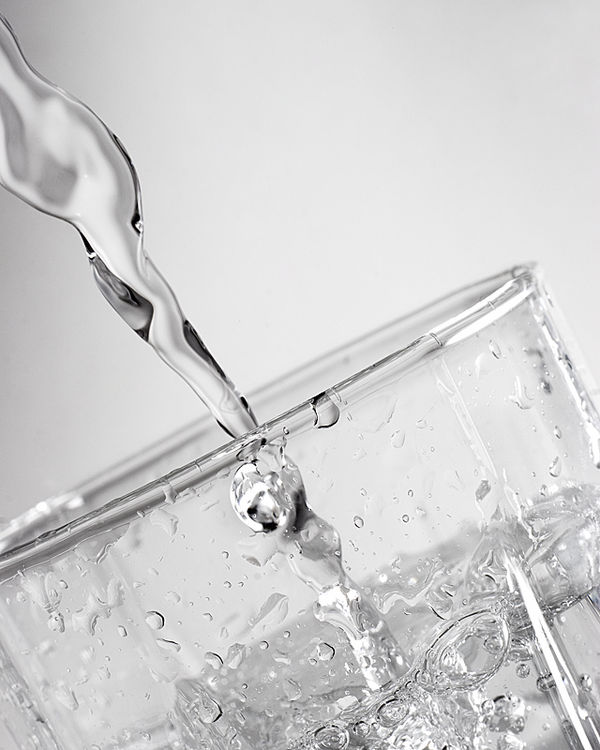Fact vs. Fiction: Busting Common Medical Myths

By: Ahmed Mahmood
In this day and age, it seems like everything we do, eat, or drink is either a cure for cancer or it’s slowly killing us. We all have that friend or crazy colleague who tells us that the food we’re eating is bad for us or we should be drinking this new tea. Most of the time we ignore their claims, sometimes out of stubbornness but mostly because we don’t know if their sources are legitimate. The following are two common myths, followed by facts that might help dispel these medical myths:
1. It Takes Seven Years to Digest Gum
The myth that gum will stick to your stomach and will take seven years to digest is just as ridiculous as the myth that eating seeds will lead to a tree in your stomach. The myth might come from the same source, too, i.e. your elders. To bust this myth, we must know how food passes through our body. Humans contain saliva in their mouths, and enzymes in the saliva help break food down. Next, food travels down the esophagus and eventually reaches the stomach where it is broken down viciously by hydrochloric acid produced by the organ. The remaining paste (chyme) travels down the small intestine via peristalsis, one-way intestinal muscle contractions, and absorbs any fats or fat-soluble vitamins in the chyme. Following that, the chyme travels down the large intestine which absorbs any water, electrolytes, and water-soluble vitamins. Finally, the remaining matter passes through our rectum and down the drain. So what does this have to do with gum? Gum is made of indigestible molecules almost like fiber which is present in our breads and cereals. Humans do not have the enzyme cellulase to break fiber down, so we just pass it through our digestive system like normal. In fact, fiber is good for you as it cleans out your colon and promotes efficient nutrient take up. The British Nutrition Foundation recommends 18 grams per day (“Dietary fibre,” 2012) whereas the Food and Nutrition Board of the Institute of Medicine recommends adults who are 50 years of age and younger to take 38 grams per day for men and 25 grams per day for women (Higdon, 1998). Now nutritionists certainly advise against ingesting gum, but if you do, it will pass through with little to no problem. As for it sticking to your stomach, Dr. Nancy McGreal, gastroenterologist at Duke University, states, “In all the upper endoscopies I have done in both children and adults, I have yet to see a wad of gum lying around in the stomach,” (Greismann, 2010). The origin of this myth is unknown, but the purpose for it is clear. Parents really don’t want their children to swallow every piece of gum they chew.
2. You Need to Drink 8 Glasses of Water a Day
Drinking eight glasses of water a day is indeed one of the most repeated pieces of advice that your non-doctor friends will give you. Water is essential for our bodily functions. From generating ATP (cellular energy) to sweating, we need water to survive and we should be drinking water on a regular basis. How much do we need though? In an interview with Postmedia News, Dr. Margaret McCartney, general practitioner in Scotland, said, “People still think that we’re all going to die or our kidneys will shrivel up if we don’t drink eight cups of water a day…From what I can see, there’s never been any evidence in the medical literature about it,” (Chan, 2011). Another physician, Dartmouth Medical School Dr. Heinz Valtin, was interviewed by the Huffington post and said that there aren’t “any scientific studies supporting the eight-glasses-a-day rule” and he hasn’t seen “any evidence that would support that recommendation,” (Chan, 2011). So should we only drink water when we are thirsty? There is no set number of glasses that we need to function. It really depends on the activity and the environment. If you are staying indoors all day playing video games, you will not lose as much water as you would if you were running a marathon. Just remember, if you are feeling thirsty or planning on intense physical activity or heat, then be sure to replenish with plenty of water and electrolytes.
There are plenty of other medical myths out there like drinking diet drinks will kill you or cracking your knuckles will give you arthritis. All health advice coming from a non-health professional should be taken with a grain of salt. Always do your own research, whether it be health blogs or scientific papers, and form your own conclusions based on the information presented. After you have mastered researching, you will know all you need to know about hunting and busting medical myths.


